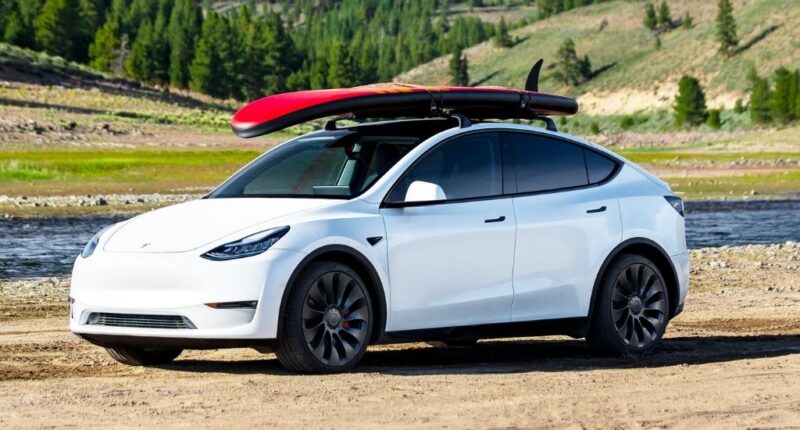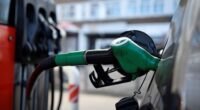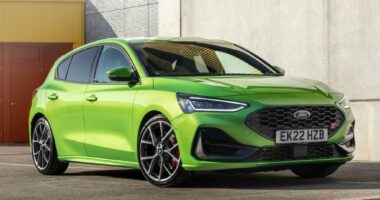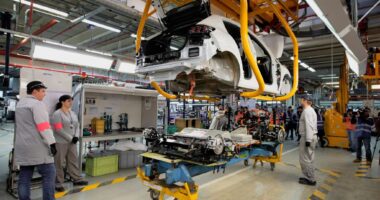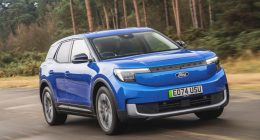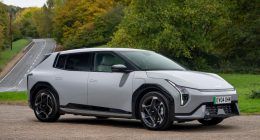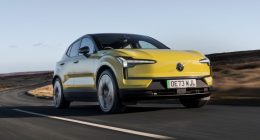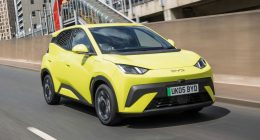Supply chains shortages have been blamed on the sharp fall in new car registrations last month – the weakest March since 1998, the Society of Motor Manufacturers and Traders (SMMT) has said.
In the UK as a whole, 243,479 new cars were sold by dealers – a decline of 14.3%. That also had a knock-on effect for the first quarter, which finished 1.9% down on the same period in 2021 despite COVID restrictions being eased considerably.
The reason for fewer transactions centre around the long-running shortage of semi-conductor parts which has forced manufacturers to prioritise the build of certain models and take others off their production lines.
What is traditionally the busiest month for the motoring trade has turned out to be a “deeply disappointing” one, according to the SMMT’s Chief Executive, Mike Hawes.
Northern Ireland-based showrooms were not immune to the fluid picture around new car sales; 4,186 were chalked up in March in comparison to 4,618 last year – a 9.35% reduction.
The year-on-year outlook is more positive, though, with 11,060 of the freshest models joining local roads in the first three months of 2022 compared to 9,599 in 2021.
Commenting on the latest set of figures, Mr Hawes said: “March is typically the biggest month of the year for the new car market, so this performance is deeply disappointing and lays bare the challenges ahead.
“While demand remains robust, this decline illustrates the severity of the global semiconductor shortage, as manufacturers strive to deliver the latest, lowest emission vehicles to eagerly awaiting customers.
“Placing orders now will be beneficial for those looking to take advantage of incentives and lower running costs for electric vehicles, especially as the Ukraine crisis could affect supply still further.
“With increasing household and business costs, government must do all it can to support consumers so that the growth of electric vehicles can be sustained and the UK’s ambitious net zero timetable delivered,” he added.
Electrified vehicles continue to buck the trend, with Tesla’s Model Y and Model 3 cars taking first and second places, followed by the Vauxhall Corsa which retains its crown as the most popular nameplate of the year so far.
39,315 battery electric vehicles (BEVs) drove off dealer forecourts – an increase of 78.7% on last year – to raise their market share to 16.1% in the process.
The SMMT said this was the highest volume of BEV registrations ever recorded in a single month, and means that more were registered in March 2022 than during the entirety of 2019.
Plug-in hybrid (PHEVs) registrations slumped by 7.5% to 16,037 units, but hybrids (HEVs) grew by 28.4% to 27,737 units. Combined, electrified vehicles account for more than a third (34.1%) of all new car sales last month.
